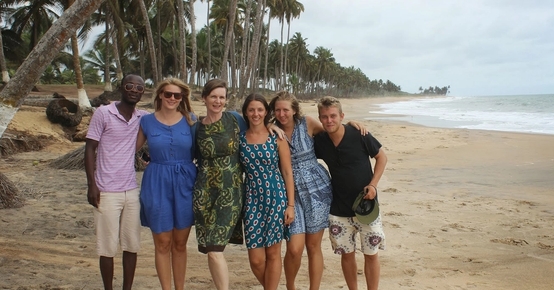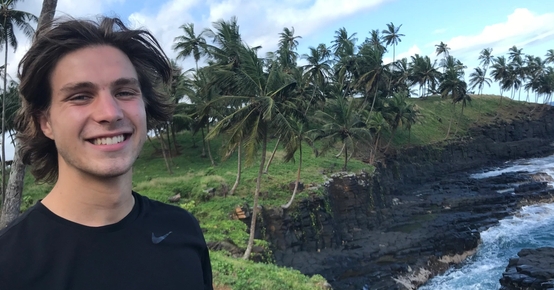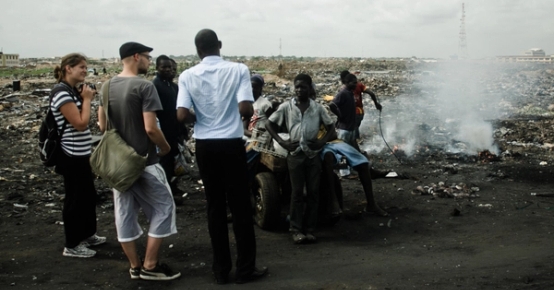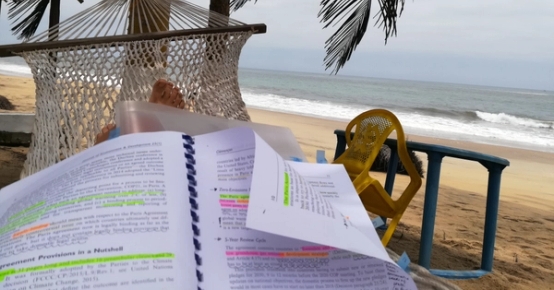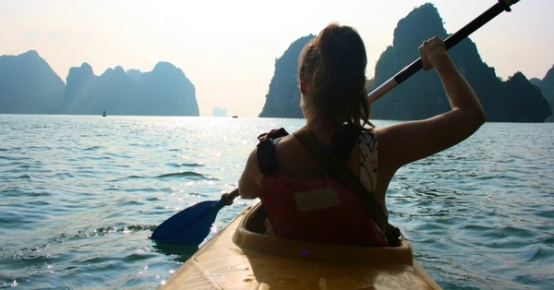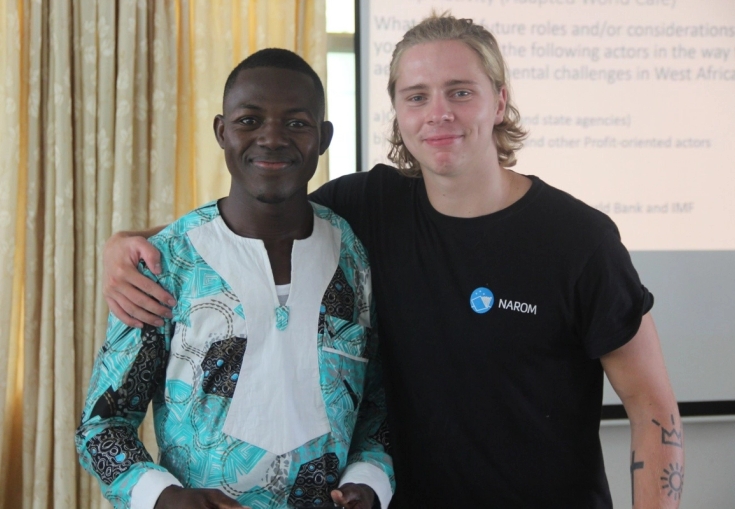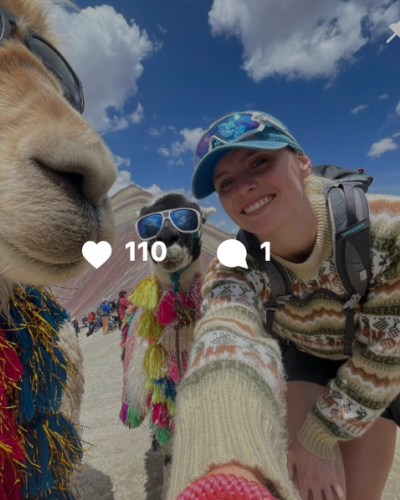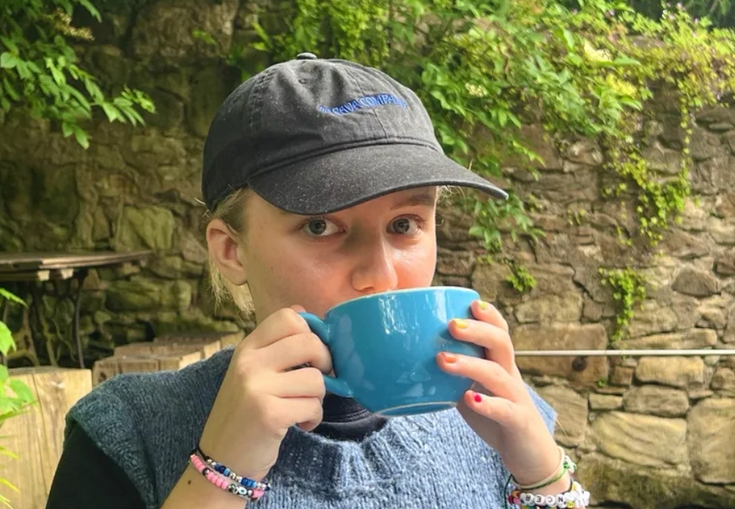
"The fieldwork really strengthened my motivation for my studies"
Do you want to study abroad? Dina (23) took a semester in Ghana, where she among other things went on fieldwork in the fishing village of Biriwa.

This text is translated using AI.
View the original article here.In the beautiful Cape Coast, Kulturstudier offers a semester of Development Studies 2. Today, the city is a vibrant university town, but it also has a history as one of the places where the most people were sent from their homelands and sold as slaves across the Atlantic:
– An experience from Ghana that strongly stuck in my memory, and that made a profound impression on me, was when we visited Cape Coast Castle at the beginning of our stay.
I have read a lot about the slave trade in history books and learned about it at school, so I had some prior knowledge, but standing at the actual place where such horrific events took place was truly special.
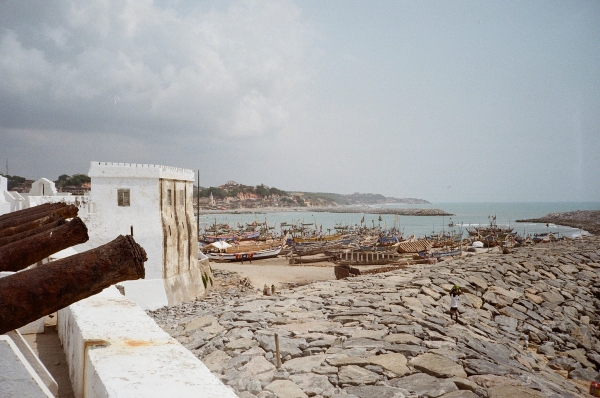
– To hear the detailed stories of how people were treated, and at the same time stand in the very rooms where it happened – it's hard to put into words.
The fact that Cape Coast was also one of the most important ports for the transport of people being sold as slaves made the experience even more powerful and truly thought-provoking as I stood there.
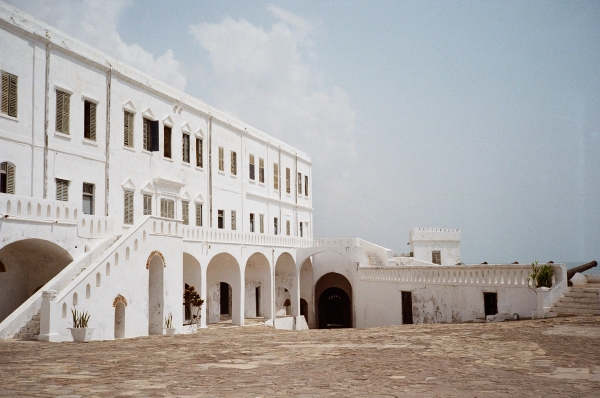
The three weeks of fieldwork is something many students highlight as a peak from the semester in Ghana. Here one gets to participate in a local community and conduct a small research project:
– My group conducted fieldwork in Biriwa, a fishing village not too far from Cape Coast.
Our theme was poverty and development, and more specifically the fishing industry in Biriwa.
I found the fieldwork to be an incredibly educational experience, both academically and personally.
We had the opportunity to be closely involved with the local community. The residents were very open and friendly, and invited us to participate in several activities that were relevant to our field report.
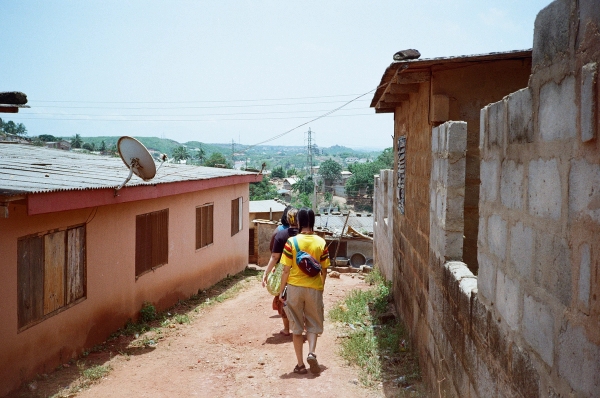
– We got closer to the locals than I expected, and I found that very exciting. The whole field experience gave me a memorable insight into the daily life and challenges in Biriwa.
There was a lot of work to be done: data collection, interviews, observations, and so on, which I found very rewarding. We got to see how theory could be applied in practice, see a bit more with our own eyes, and not just read in a book.
I also think that the fieldwork helped to strengthen my friendships within the group, and I learned more about both communication, adapting work, and what it's like to work in a team in a new setting.
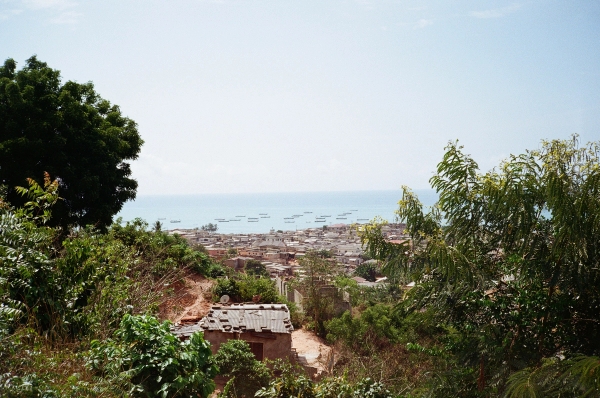
– Fieldwork was intense, but a very positive experience that has given me a better understanding of the role fieldwork plays in research, and it really strengthened my motivation to continue my studies.
What I otherwise liked best about everyday life in Cape Coast, were the weekly dance lessons we had.
It was so much fun, and we got to know the local culture better. At the farewell party, the dance group performed for the others – a cozy and memorable experience!
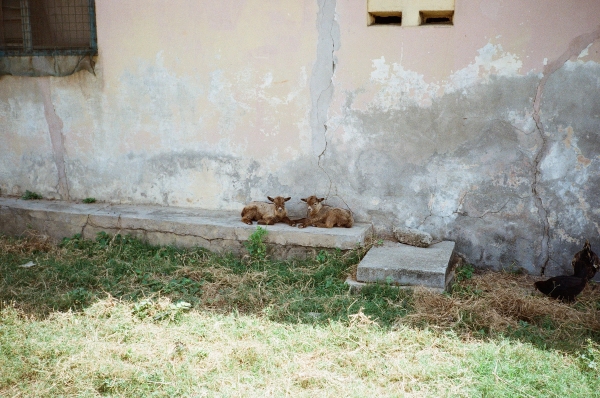
Do you want a semester out of the ordinary? Get in touch with us to hear more about fieldwork, studies, and everyday life in Cape Coast!
The study is based on Development Studies 1 in Vietnam.
If you have 60 credits in social sciences, you can participate without having completed studies in Vietnam first.
